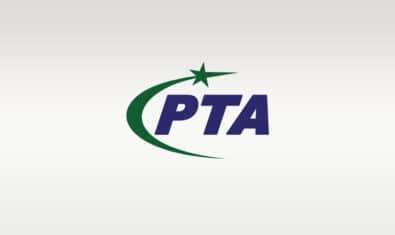Islamic financial experts have urged the masses at large to opt for Sharia-compliant institutions, including Non-Governmental Organizations (NGOs), welfare organizations, hospitals and schools for Zakat and charitable donations.
Several institutions are conducting aggressive marketing campaigns to collect funds through donations for Zakat, Charity, and Fitrana. However, some of these NGOs and institutions invest the funds collected in interest-based avenues, a practice strictly prohibited in Islam.
Zakat is the monetary obligation for people and this should be offered discretely by obtaining mandatory details of deserving receivers whether an individual, a family or an institution or an NGO collecting it on behalf of deserving people. Otherwise, the religious duty is feared to be incomplete.
Syed Muhammad Farrukh, an analyst, emphasized that donors should conduct thorough research about recipients of Zakat, especially when donating to hospitals and NGOs, rather than solely relying on details provided by advertisements and celebrity endorsements in the media.
He suggested that donors should inquire about the collection and utilization of funds, as well as the investments made with deposits, before contributing any amount for Zakat or charity.
“On the other hand, charitable and welfare organizations should make the details of their accounts public through websites and other means. Sadly, very few organizations in Pakistan make their records public for donors, leaving donors in the dark about their financial operations,” he added.
Alternatively, these organizations should conduct a Sharia audit of their operations and publish the certifications of Sharia advisory on their websites for both Zakat and Charity.
A majority of residents and overseas Pakistanis make their donations during Ramadan, including Zakat, Sadaqat, Fidya, and Fitrana. Not only religious seminaries but welfare organizations also receive massive funds annually in the same month.
There are renowned names across the country that utilize interest-based investments for their surplus funds – an act that is not only unethical but also tantamount to the misuse of funds and a breach of public trust.
According to Ahmed Siddiqui, Director of the Center for Excellence in Islamic Finance (CEIF), welfare organizations should explore Sharia-based investment pools rather than relying on interest-based avenues. This approach would enable these institutions to attract more funds for their beneficiaries in Pakistan and worldwide. Islamic banking institutions can assist them in conducting Sharia audits and meeting Sharia requirements.
Siddiqui noted that opting for Sharia-compliant operations would also help welfare organizations increase their fund collections.
Investments in Islamic financial modes are considered in line with ethical guidelines and Sharia rules, making them more sustainable than conventional institutions, he added.
Zakat is one of the pillars of Islam. It is paid at the rate of 2.5% on wealth and savings by eligible Muslims. In Pakistan, the Zakat is applicable on savings of more than Rs. 135,179 for a year.
According to teachings of Islam, Zakat should be donated preferably to deserving individuals, mainly relatives, friends and neighbors, whereas charitable and welfare organizations are secondary choices.
Despite commendable humanitarian efforts by several organizations, scholars advise the public to refrain from donating to them or giving Zakat if they are not Sharia-compliant in their overall processes and investments.






















You need to do audit with common sense rather then experts to find this out.
کبھی محکمہ اوقاف اور بینک جو زکوٰۃ کاٹتے ہیں، اس کی بھی کوئی خیر خبر دے دیا کریں، تا کہ عوام کو معلوم تو ہو، وہ روپیہ کہاں جاتا ہے۔
غریب اور مستحق تو جس حال میں ہے، بیچارہ ویسا ہی رہ رہے ہیں۔